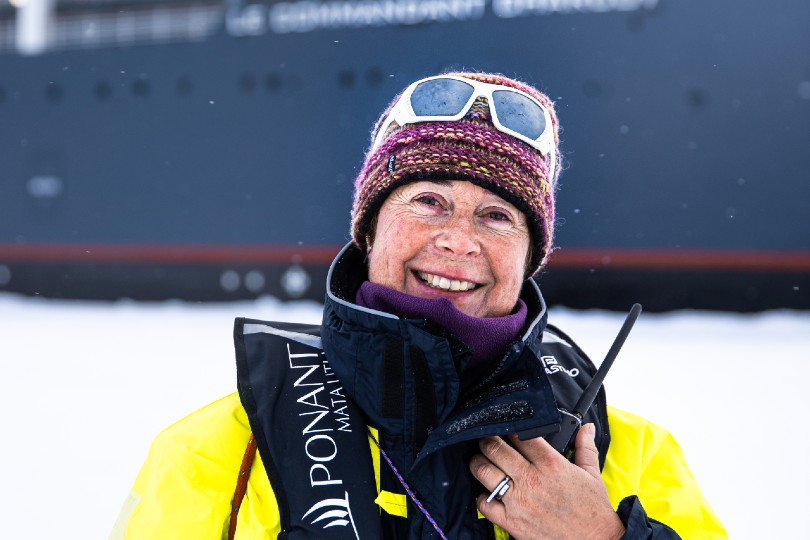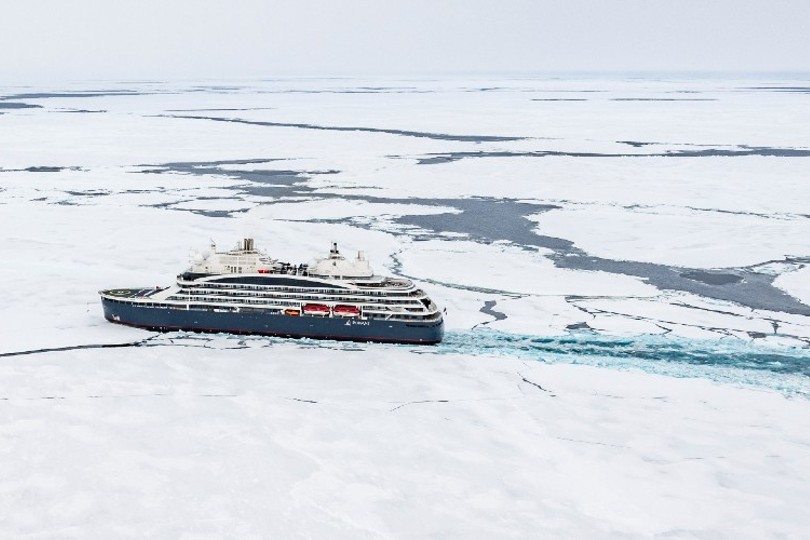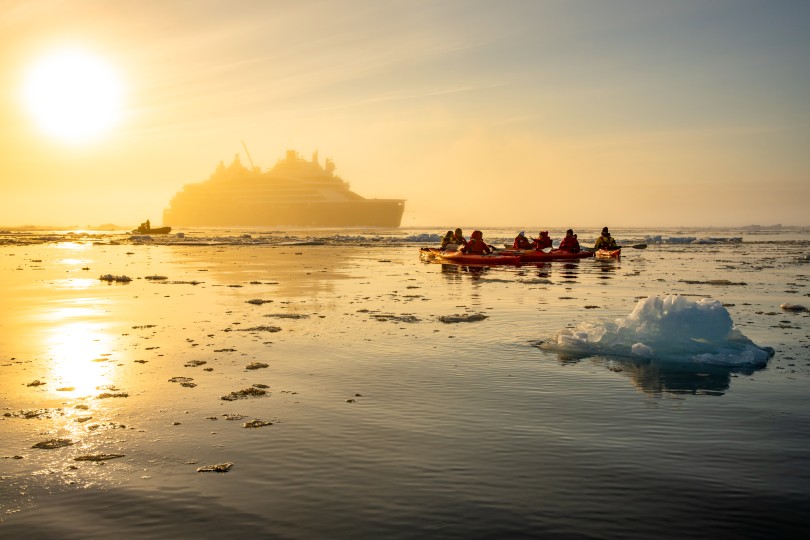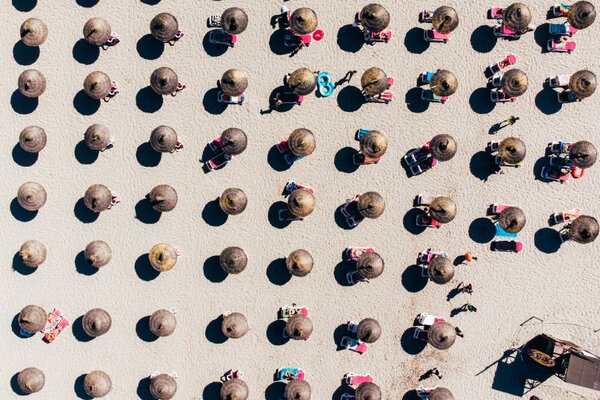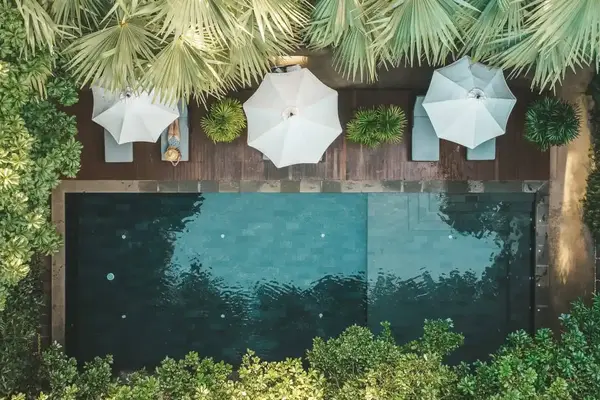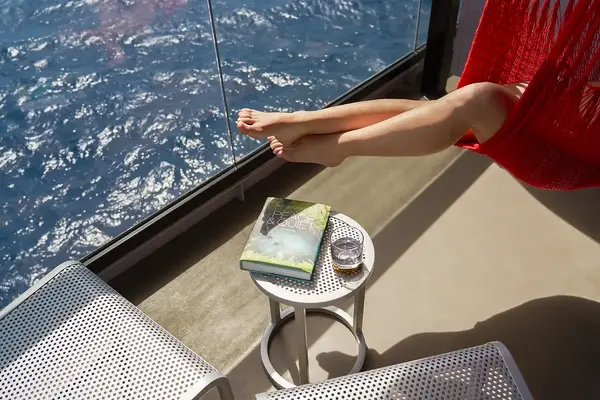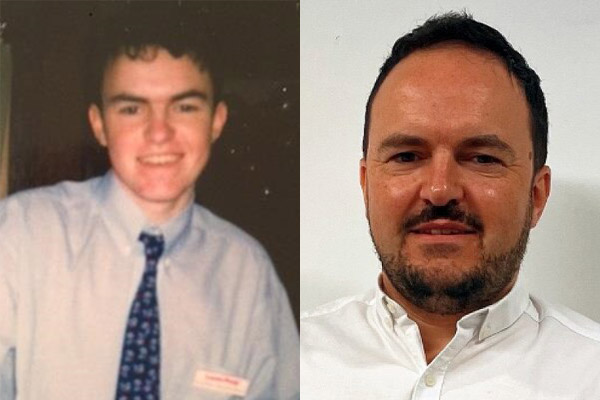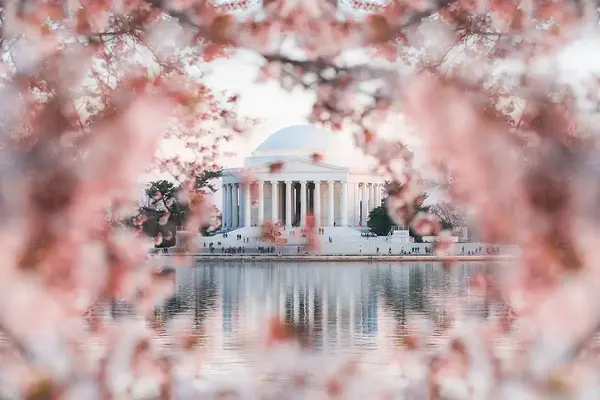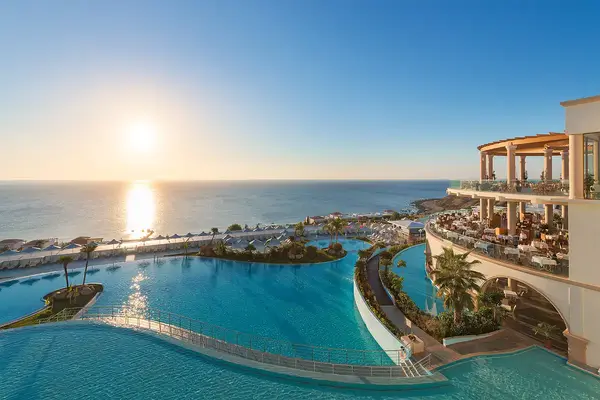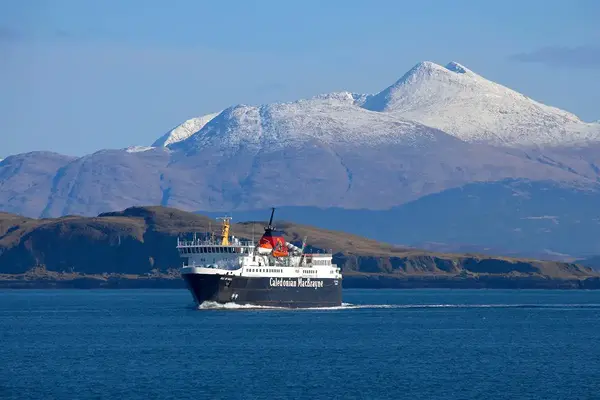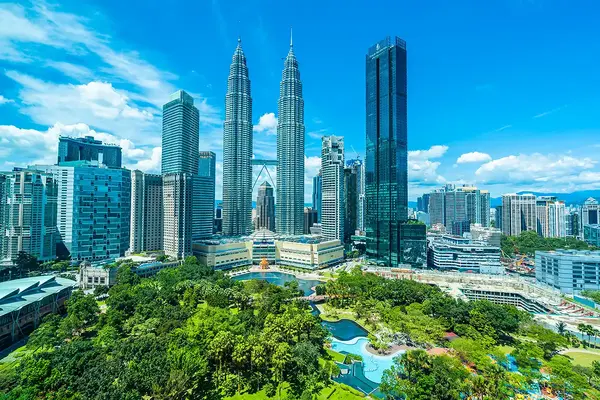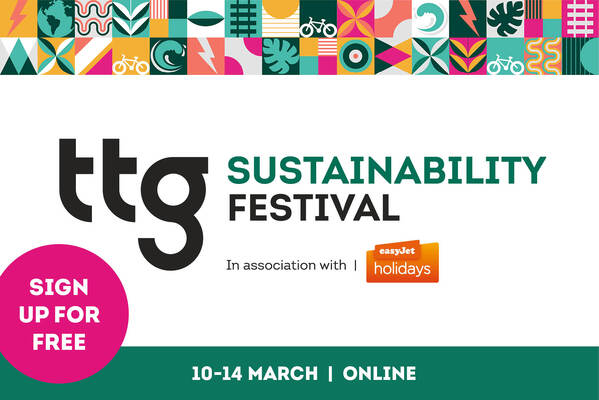Q&A: a Ponant polar expedition leader
Florence Kuyper, who is employed on board Le Commandant Charcot, tells us why Antarctic cruises are so special.
Where does your passion for expedition come from?
I’ve always loved nature, ever since I was a kid in the Netherlands. I either wanted to be a farmer or an explorer, but quickly worked out that farming was smelly and you couldn’t travel!
How did you become a polar explorer?
I visited Antarctica for the first time in 2004 and fell in love with it. Then in 2012, I saw a job advertised at [former British scientific base] Port Lockroy, which meant working on a sailing boat and travelling to Antarctica. It was there I met the Ponant team.
What makes travelling on Le Commandant Charcot unique?
It’s all about the environment and being outside with the passengers. In Antarctica, we’re able to go further south, to places like Marguerite Bay and the Weddell Sea, where almost no one goes. The expedition leaders also work together with the captain to decide where we’ll go and what we’ll see.
What should guests travelling to the polar regions expect?
You can’t ignore nature here; very quickly you understand you’re not its master, so guests have to be super flexible: most of the time we can’t go with Plan A, so you have to have a Plan B and C. However, some of the best sightings are when the unexpected happens. On one expedition, the Lemaire Channel was blocked by ice and it was very foggy. It suddenly started snowing with huge flakes, which landed on the water and created amazing slush ice. We took a short Zodiac excursion, and it was so beautiful. Lots of passengers said it was the best moment of the trip.
Have you seen the effects of climate change first hand?
Sometimes I notice more rain or that the permafrost finishes more quickly, or see birds coming earlier to the region and leaving earlier. It is undeniable things are rapidly changing, especially when you see satellite photos. I believe by educating guests, by making them connect with the region, they’ll realise the planet is worth taking care of. Le Commandant Charcot is the first luxury hybrid electric polar exploration ship powered by liquefied natural gas. We’re a member of regulatory bodies IAATO for Antarctica and AECO for the Arctic. Every year, all our guides must complete tests to be certified. The ship’s also plastic-free. You can’t stop people visiting these regions and we’d rather they came with us, as we truly respect nature.
How are guests immersed in the expedition experience?
Through Zodiac excursions and by collaborating on citizen science programmes and workshops [where passengers collect data for researchers]. One example is Happywhale. A whale’s fluke is like a fingerprint. Passengers can upload their photos so that scientists can identify whales and determine migration patterns.
What’s the best thing about your job?
If you love something, there’s nothing better than being able to share it. Sharing my passion with our passengers is very rewarding.
And the biggest challenge?
The weather. We want to give people the best experience, but we always have to do it in a safe way.
What’s your favourite thing about the polar regions?
The light. You’re in 24-hour daylight in the Arctic and Antarctic. At the North Pole in the middle of the night, the sun is low and it’s just going around you and it’s magical. The weather changes so often and reacts with the light so it feels like you’re in five different places when you haven’t moved at all.
What’s your preferred time to visit Antarctica?
The start of the season, November, is extremely beautiful; you’re coming out of winter, it is getting lighter and the landscape is pristine as hardly anyone’s visited yet. There’s really no best time, though. In December and January you have penguins, then whales in January and February and the hatching of chicks in February and March. The end of March is exciting as you feel winter coming in.
What surprises you about the region?
How stinky penguins are, especially when they’ve had their chicks!

